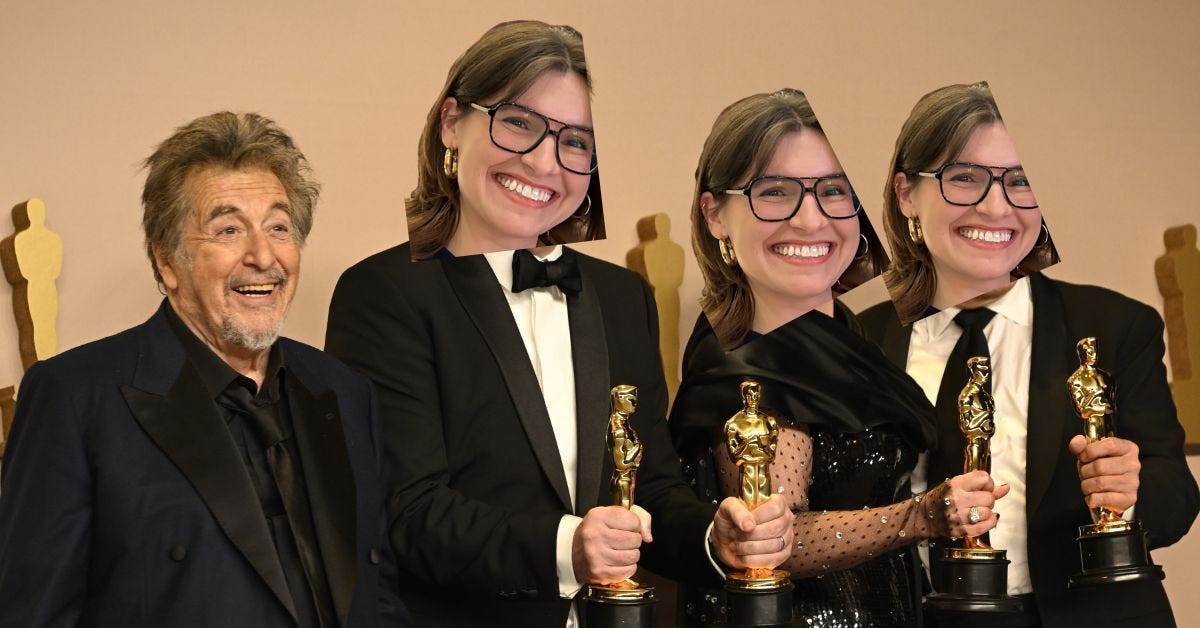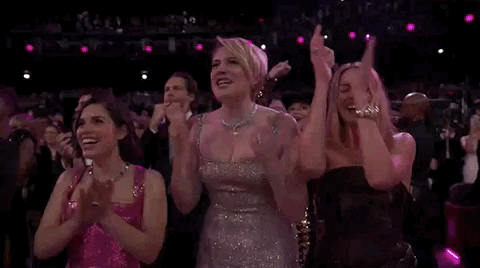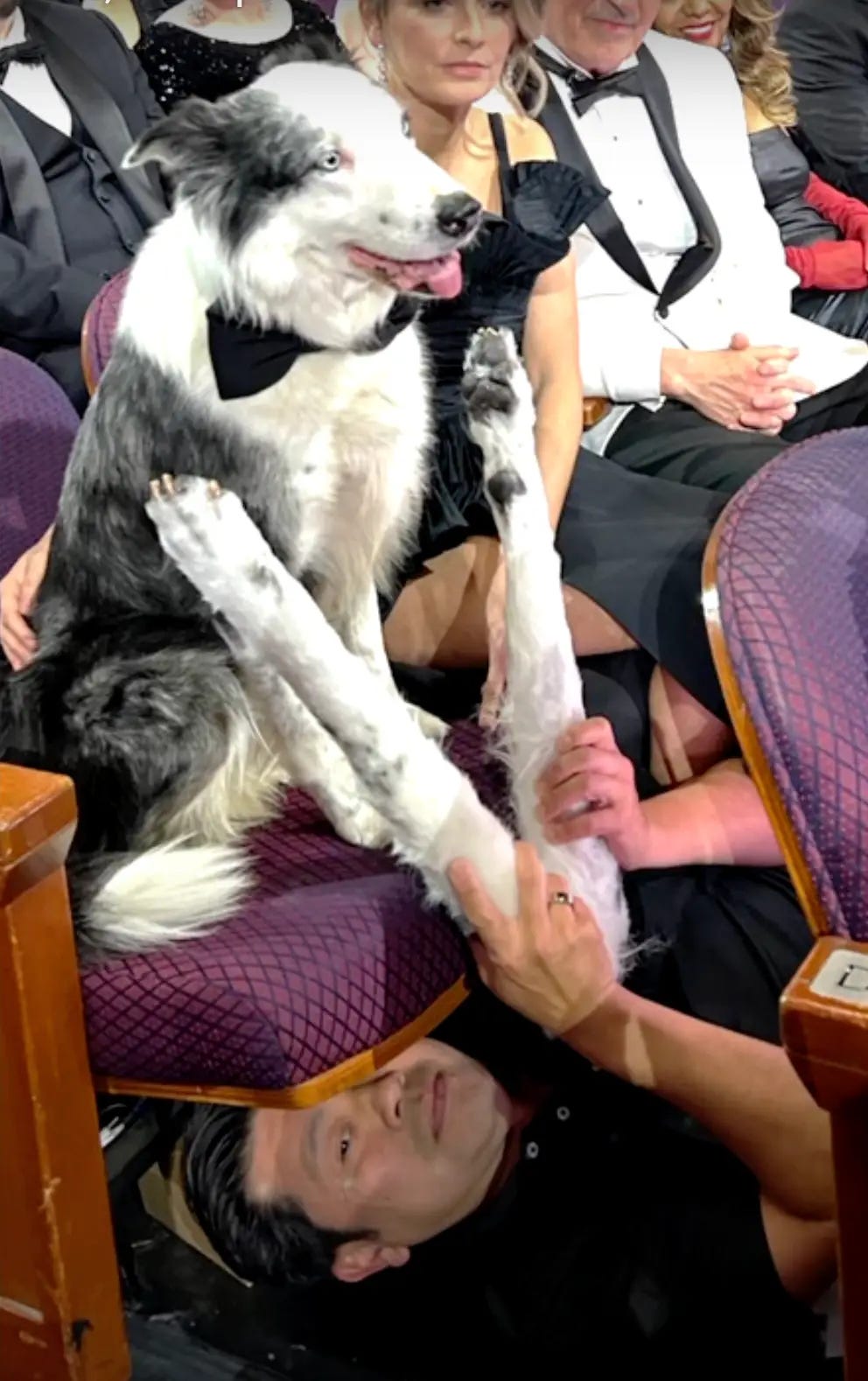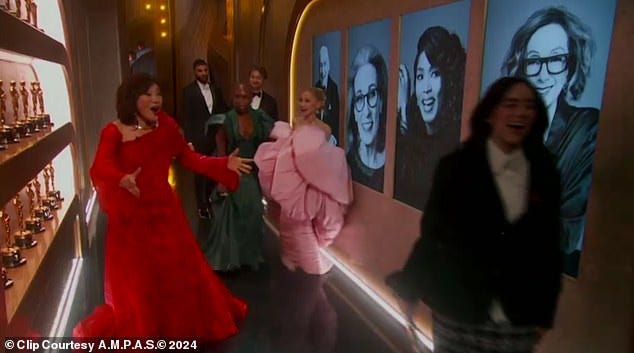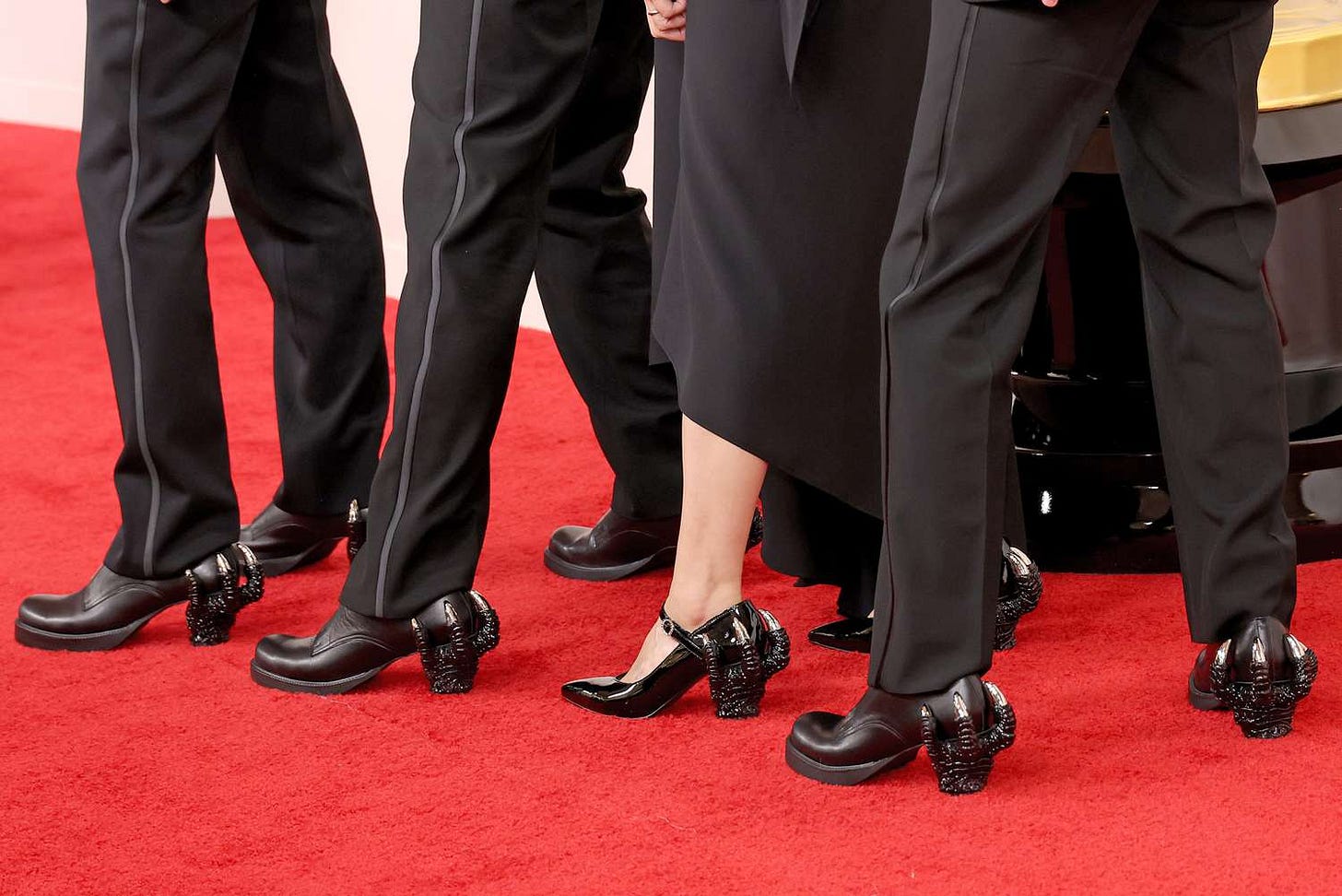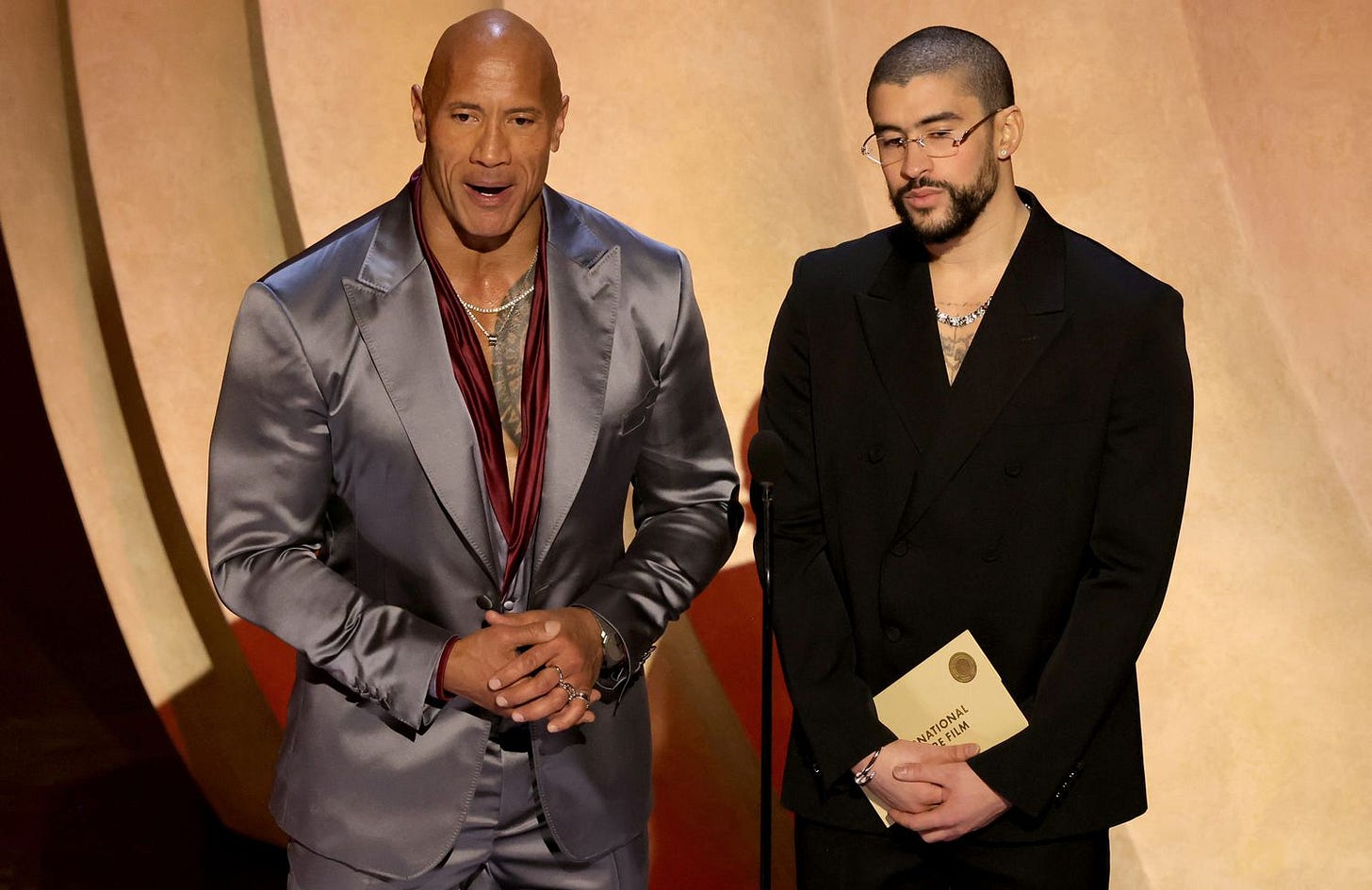“Best newsletter, uh? I have to go to the envelope for that. And I will. Here it comes. And my eyes see “Who’s to Say?” Yes. Yes.” - Al Pacino
Al Pacino may have flubbed his duties in presenting best picture, but the 96th Academy Awards was chock-full of giggles, gabs, and quirks, to the pleasure of attendees and viewers alike. There were snubs, sweeps, and one broken zipper.
The Barbie Legacy Begins
Despite winning only one Oscar for Best Original Song, Barbie was the winner of the night. Unlike other nominated films, Barbie wins the end game, the final rose, the long-haul. Barbie wasn’t snubbed; in fact it received the most recognition throughout the night from performances, references, clips, camera pans, and more. Between nearly every commercial break there was at least one reference to the film.
Although it went unrecognized for its acting, directing, and production, Barbie’s biggest nod was to its music. It had two original song performances, the first was a heartfelt performance of “What Was I Made For?” and the second was the silly and iconic rendition of “I’m Just Ken.” In conjunction, these two songs are the embodiment of the film. Both performances used the aesthetics of Barbie to showcase the film’s most touching commentaries. The “I’m Just Ken” performance was genius; it enlisted a swarm of men doing exaggerated choreography in similar gusto to the original scene. It brought two special musical guests, Mark Ronson and Slash. It was thrilling to witness the rarity of an esteemed screen actor doing a live vocal performance.
Barbie pulled some heavy weight both in award season and beyond. What began as a comedic movie has transformed into a cultural joy. The film’s quotes—which both describe universal cultural truths and embody the 2020s—are now American lingo. The Oscars production was keenly aware of Barbie’s impact and utilized its joy to deliver a charismatic award show. Barbie will live on in perpetuity like other cult comedies (à la Jurassic Park or Back to the Future). The 96th Oscars solidified Barbie’s status as a classic, and that’s perhaps the biggest win of all.
Do Snubs Matter?
The snub of the night was Killers of the Flower Moon, which took home zero Oscars but had 10 nominations. Apparently this is the 3rd time this has happened for Martin Scorsese. The internet has assigned blame to a few different reasons, the most popular being the film’s long runtime.
Do snubs even matter? The snub culture is changing. Generally, it is an achievement to be nominated and/or win, but it is neither a defining feature of a remarkable work nor a prophecy for a film’s lasting impact. Yet viewers still feel passionately about our favorite films and actors winning these awards. Why is that? I propose a few reasons.
Films often tackle serious, large, and impactful subject matters that are underrepresented. We (as American viewers) want to acknowledge these efforts. This was the case with Killers of the Flower Moon.
We’re in an age of art as identity. The movies we love become a part of us—posters, TV shows, Instagram followers and fan pages—and we want to see them win the culture race. This was the Barbie vs. Oppenheimer debate.
Film is growing more accessible, meaning more people can watch nominated films. Because of this, there are simply more watchers whose opinions can differ from those of lofty critics. So many more people can have opinions on films. This is neither a good thing nor a bad thing. In many ways, it’s what I’m doing here writing a newsletter.
I feel that these things are all positive for the culture. With the ongoing threat of AI in media, the future of film needs variety and inconsistency. Even if there is a formula for a perfect, Oscar-winning movie, there’s no guarantee it would win, and the cultural dial continues to shift quickly and subtly. The proliferation of film means that more people can decide what is digestible as opposed to executives and producers dictating it. This connects to the point made in Cord Jefferson’s acceptance speech:
“I understand that this is a risk-averse industry, I get it,” he said. “But $200 million movies are also a risk. And it doesn’t always work out, but you take the risk anyway. Instead of making one $200 million movie, try making 20 $10 million movies. Or 50 $4 million movies.”
The Jokesters
To close, I want to highlight the jokesters who made this one of the silliest Oscars to date. Here are a list of people I would like to thank for making this Oscars legitimately funny:
Messi the Dog, his trainer, and the prop master who somehow designed the beautiful image of a dog clapping.
The architects and film team who decided to put cameras in the “stage right” exit that all award winners have to walk through.
The Godzilla Minus One Team for serving charisma, uniqueness, nerve, and talent
Steven Spielberg
Bad Bunny and Dwayne Johnson for giving buzzcut season
The parents watching who likely covered their kids eyes as the sight of a nearly-naked John Cena
Emily Blunt and Florence Pugh for wearing dresses perfect for a claw machine
Until next year, award season. With love.




